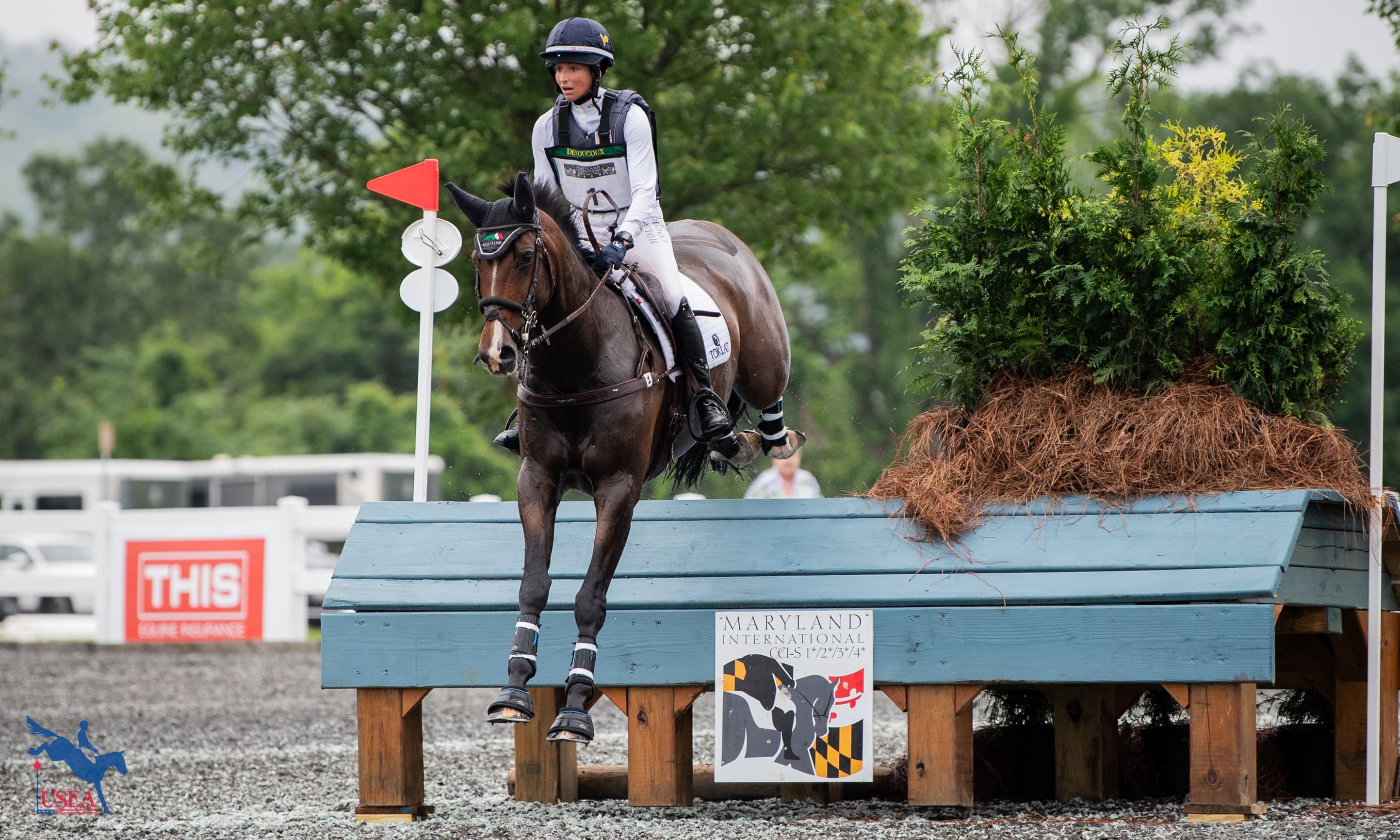Rule Refresher: Everything You Need to Know About Microchips

To chip or not to chip? That won’t exactly be the question anymore as of Dec. 1, 2025. In order to help prepare USEA members for this upcoming rule change, which was approved in December of 2023 by the United States Equestrian Federation (USEF), we have dedicated this edition of Rule Refresher to the topic of microchips.
In accordance with this new rule change, all competitors Beginner Novice through Advanced will need to comply with the following rule under the General Rules section of USEF’s rulebook:
GR1101 Horse Identification Number and Horse Identification Form
10. Effective December 1, 2025, all horses competing at Federation Licensed and Endorsed Competitions must provide a microchip number that verifies the animal. A microchip used to verify identity must be a fifteen-digit ISO compliant 11784/11785 chip and be implanted in the nuchal ligament of the animal. BOD 6/20/23 Effective 12/1/23
The USEF announced in September 2023 that they would be enforcing these new rules surrounding microchips to improve equine health and safety practices. Horses who have microchips can be verified immediately when on grounds at a competition, especially in times of disease outbreaks or natural disasters. They shared the following press release on the subject matter:
The US Equestrian Federation strives to consistently ensure the safety and welfare of both our human and equine athletes. One fundamental aspect of equine safety is microchipping. Microchips in horses allow for immediate onsite verification of horses for the purpose of safeguarding the health of each horse. This is vital, especially during times of disease outbreaks or natural disasters.
To this end, the US Equestrian Board of Directors approved a new microchipping rule during the 2023 Mid-Year Board meeting. Beginning December 1, 2025, under GR 1101.1, all horses competing in USEF-licensed or -endorsed competitions must be microchipped with a 15-digit ISO compliant 11784/11785 chip.
“I am thrilled to see widespread use of microchipping technology put in place,” said Judy Sloan, amateur dressage competitor and USEF Secretary Treasurer. “Knowing that we can quickly and accurately identify, track and protect our horses is a positive step for horse welfare and gives me real peace of mind as a horse owner.”
The implantation process of a microchip takes only a few seconds to complete. The microchip is inserted into the nuchal ligament of the horse’s neck, and the chip will last the duration of the horse's life.
“In the event of an infectious disease outbreak, microchip readers may be utilized by state and federal animal health officials or veterinary staff to scan microchips of horses on the competition grounds for the purpose of identification of exposed horses to be isolated and quarantined,” states Dr. Flynn. “Microchips will allow our competitions to become an even safer and healthier place for equine athletes.”
“I strongly recommend horse owners consider the use of a biothermal microchip,” said Dr. Katie Flynn, USEF’s Equine Health and Biosecurity Veterinarian. “This microchip not only identifies your horse, but when scanned, a temperature is recorded. These biothermal chips can be utilized by horse owners for daily monitoring of their horse’s health at home and on the road. As a rise in temperature is often times the first sign of an infectious disease, this allows a horse owner to take prompt action to isolate and care for this horse before it is shedding a virus or bacteria in the stable and infecting other horses.
Recognizing the potential costs associated with requiring microchips for horses entering licensed competitions, US Equestrian is seeking potential partnerships with microchip companies, software companies and veterinarians to provide our members access to discounted microchipping services. USEF is also exploring options for microchip implantation events to occur at future USEF-licensed competitions as well as collaborating with equine veterinarians on strategies for microchipping USEF horses at designated locations across the country.
“I urge everyone, especially those connected to a registered breed who see no purpose to microchip a horse because their horse’s pedigree was verified by DNA, to educate themselves on the value of an equine microchip,” states USEF Board of Directors Vice President Judy Werner. “From providing the easiest, fastest and most accurate way to improving traceability in disease outbreak scenarios, which allows for the rapid management of investigations to minimize spread of contagious disease, to the ability (with the biothermal chip) to take one horse or twenty horses temperature several times a day quickly and safely with no distress to the horse, the microchip is a tool who’s value is many times its price.”
US Equestrian has developed a microchip information webpage which contains outreach and educational resources. We encourage everyone to review Microchip 101, Microchip Mythbusters, and the Microchip Rule FAQ.














